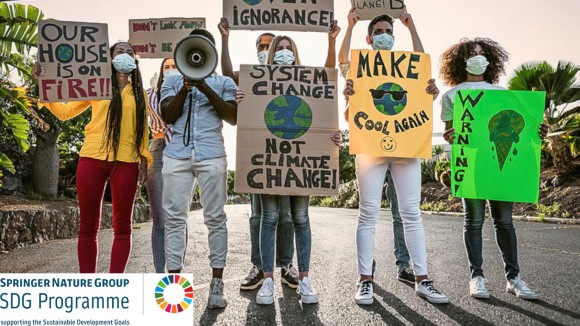Daniel Delatin Rodrigues, PhD, University of Milano-Bicocca, Italy

Daniel Delatin Rodrigues is a Research Fellow in the Department of Sociology at University of Milano-Bicocca. He holds a PhD in social sciences (2017) focused on issues of rural development and ecological restoration in Brazil as well as a PhD in sociology (2022) in the field of urban studies, especially on the topic of climate change in urban areas. He specialises in rural issues, such as agroecological and forestry systems, ecological restoration and sustainable development, and urban issues, such as climate activism, adaptation and mitigation policies, forests and community gardens. Delatin Rodruiges is currently developing research on the agents and practices that seek to destabilise and disrupt the material and immaterial power of the fossil fuel industry.
Marco Grasso, PhD, University of Milano-Bicocca, Italy
 Marco Grasso is Professor of Political Geography in the Department of Sociology and Social Research at the University of Milano-Bicocca. Interdisciplinary in nature, Grasso’s independent and international research contributed by and large to the investigation of the ethics and governance of climate change at the national and global levels with regards to non-state actors, and to the theorization and empirical scrutiny of climate policy and politics in order to understand how to favour collective action towards the carbon transition. To this end, Grasso embeds political, ethical, geographic, and economic analysis into the socio-political aspects of climate change with the objective of reframing climate issues in ways that make action more feasible. He is the author of From Big Oil to Big Green. Holding the Oil Industry to Account for the Climate Crisis (MIT Press, 2022) and has published extensively in major scientific journals.
Marco Grasso is Professor of Political Geography in the Department of Sociology and Social Research at the University of Milano-Bicocca. Interdisciplinary in nature, Grasso’s independent and international research contributed by and large to the investigation of the ethics and governance of climate change at the national and global levels with regards to non-state actors, and to the theorization and empirical scrutiny of climate policy and politics in order to understand how to favour collective action towards the carbon transition. To this end, Grasso embeds political, ethical, geographic, and economic analysis into the socio-political aspects of climate change with the objective of reframing climate issues in ways that make action more feasible. He is the author of From Big Oil to Big Green. Holding the Oil Industry to Account for the Climate Crisis (MIT Press, 2022) and has published extensively in major scientific journals.

